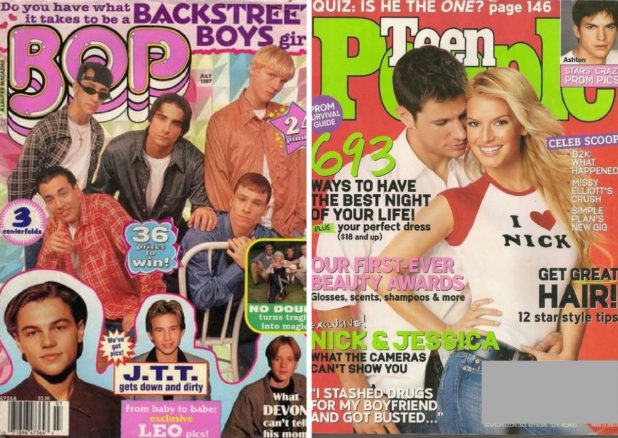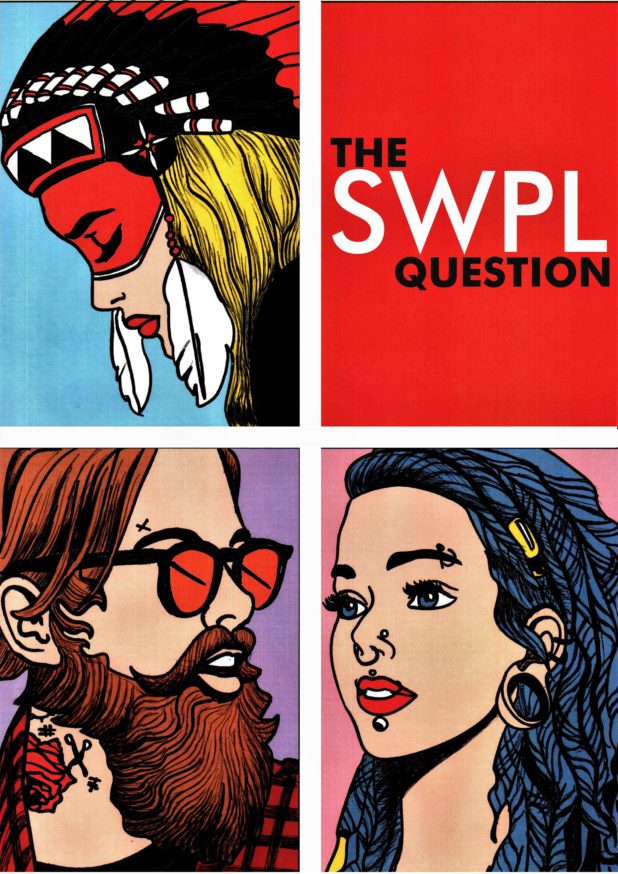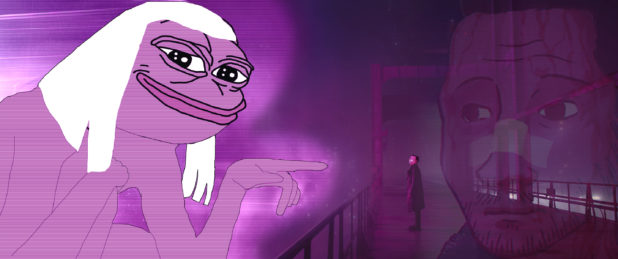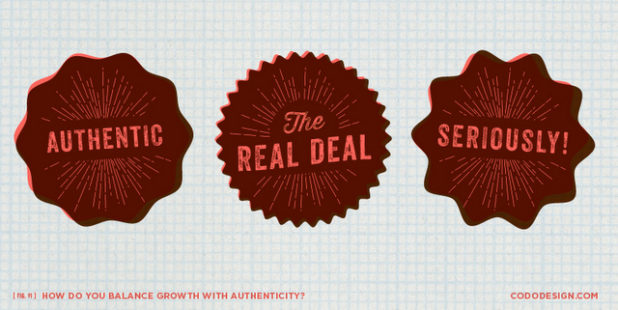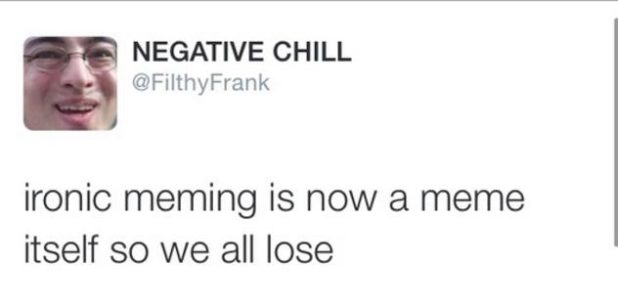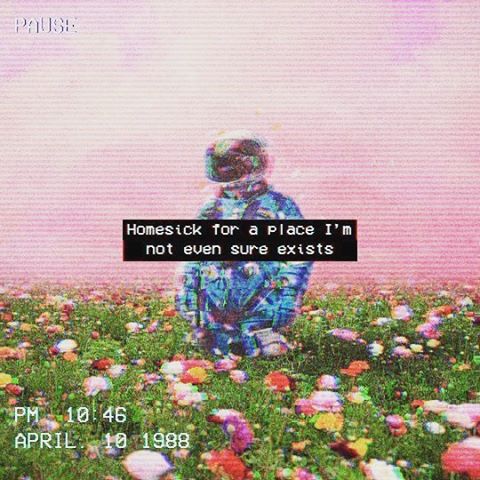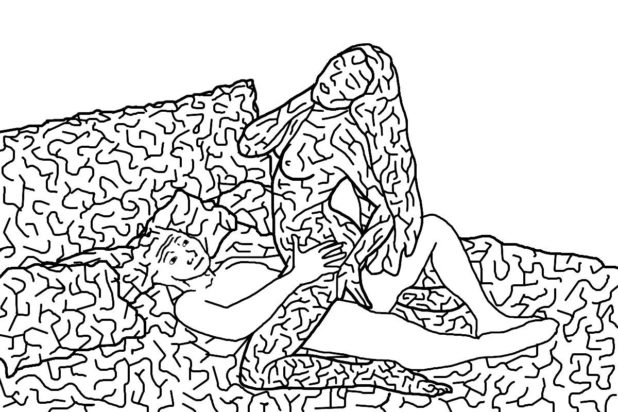Roy Batty
Daily Stormer
May 01, 2018
https://www.youtube.com/watch?v=aNFcGo0NSkg
Credit to True Dilton for taking a stab at this topic.
He even raises some good points about meta-modernism that I hadn’t heard about before. I like the cut of his analysis for the most part. Also his A E S T H E T I C is slick.
BUT.
I’m going to take the opportunity to conclusively explain the whole Millenial thing once and for all. Because there’s some missing parts, sorry Dilton. And I think it’s worth knocking this out once and for all, so here goes.
You can’t understand American Millennial humor without understanding irony.
Basically, every single thing you may have ever done growing up as a Millennial has opened you up to mockery.
Want to study hard so that you can get accepted into a private/magnet school with no niggers?
Mockery.
Are you into something that isn’t approved by the mainstream like being a wigger?
Mockery.
Do you like to do things instead of sit on the sidelines and critique from there?
Mockery.
This is the reality of growing up as a Millennial. It came about because of a sense of the “end of history” – which meant nothing really mattered anymore and also because of the explosion in media devoted to dissecting gossip and social trends – fostering endless critiques and a cultural commentary crew that was dedicated to critiquing everything that you did.
You couldn’t be yourself. Everything that you did had to conform to a box – you had to be part of a scene to count.
Everyone and everything that you have known except for your Saturday morning cartoons and your Toonami escape into the world of feudal Japan has been plagued by insincerity and the “like whatever, man, who cares, why are you trying so hard, just chill out man” mentality.
That’s probably why Millennials cling to their childhood cartoon memories so dearly. They haven’t been tainted yet.
https://www.youtube.com/watch?v=sMMgUw_cAPQ
So there’s your Millennial personality in a nutshell: using irony as a crutch for crippling self-doubt and fear of social critique.
And like everything else about Millennials, their humor is ironic.
Now, Hipsters have taken this attitude to thermonuclear levels. And really, what are Hipsters if not the “grown-up” manifestation of the spirit of the nineties kid?
This part is crucial if we want to dig a little bit deeper.
And I should mention that this isn’t really even my own original insight. I borrowed it from a book on the topic I highly recommend: the SWPL Question.
Funny enough, the Hipster is defined by his pursuit of irony.
Irony denotes self-awareness. If you are a girl and you ironically dress like a 50’s conservative, loving, feminine wife that means you are aware of the gender standards of the period. By choosing to dress in the style of a stay-at-home housewife and in actual fact being a 3rd wave feminist, you are being ironic. Or if you are a man, sporting a lumberjack beard and a plaid shirt is a critique of masculinity because the wearer is aware that he is dressing up like an archetypical man’s man, but instead is actually a low-testosterone college-educated beta male.
This should make sense so far.
Here is where it gets tricky. The Hipster has already started to transcend mundane irony and is reaching levels of post-irony.
Post-irony can occur in one of two ways. The first is when the subject attempts to engage in irony and is unable to be fully self-aware of how ironic they are being. One can only be ironic if one is self-aware of being ironic. If there is no self-awareness, then one is no longer being ironic, even if one thinks that they are.
In other words, because many Hipsters are unable to understand the true motivations behind their own behavior and are in fact reacting out of deeper impulses that they themselves are not aware of, they are actually in post-ironic territory. And by falling short in self-understanding, the subject becomes post-ironic, and a target for mockery and ridicule by an observing third party that sees the deeper irony at work.
…
More interestingly though, we are quickly reaching a stage in our society where irony becomes the only way some people can allow themselves to do anything at all. In other words, the irony allows them to engage in an action without feeling self-conscious. It is like a hedge. You don’t actually like wearing your hair like a 50’s housewife, you are just making an inside joke and that way no one will make fun of you. Irony is used like a defense and also a crutch.
Let me interject here: is this not what the Alt-Right is famous for doing? Our ironic memes that are totally satire, but also tinged with an element of longing that we only really admit to ourselves in moments of maudlin introspection while hunched over a whiskey bottle with the blue glow of the laptop screen bathed over us…well anyways, let’s keep reading.
Irony becomes a mask for genuine impulses and desires. Desires that the subject is too afraid of acting on in good faith or openly. Society has gotten too catty and SWPL-y for that. Your friend-circle would never let you live it down. Remember, the only thing that matters is relative gains and great deeds are simply too faux pas. If a Pope Urban II came along nowadays, he’d simply be swept away in a tsunami of snark.
So, an entire subsection of brow-beaten and spiritually lost White people (Hipsters) tell themselves and their peers that they are only doing what they do out of a sense of irony. After all, you can’t be made fun of for being ironic. It’s self-aware and self-deprecating, so it’s ok.
…
But there comes a point where the resistance starts breaking down.
The strain becomes enormous on the psyche. We come to a crucial point where the subject can no longer maintain the illusion and be happy. The id wants true fulfillment but the ego is not quite ready to give in yet.
…
This can lead to a crisis and catharsis point. If the subject just accepts their desire and rolls with it, instead of claiming irony to be the motivator of their actions, they can simply become what they were role-playing as up to that point.
That’s another way of becoming post-ironic.
We are also at that stage as a movement and as an age-cohort.
On the Left, we see Millennials veering heavily into SJW-politics. It gives them a cause, gives them a sense of purpose and of meaning. It breaks through the cynicism and adds a splash of idealism into their lives. You see it in the strange affinity that they have for dystopian/resistance themed media.
You have to admit, we kind of have it on the Alt-Right as well:
Millennials will never admit it, but the one thing they crave more than anything is authenticity.
You can see it in their travel patterns to third world nations. They want to meet the native people’s of wherever and borrow some of their authenticity to fill the nihilism in their hearts.
You see it in their demand for authentic craft beer or non-label music, or hand-made vases by Peruvian peasants.
Every craft beer label, ever.
The only problem is that Millennials have been taught to hate their own culture because there is something queasy and quasi-genocidal about it – according to their kike teachers and professors anyway.
Meanwhile, Millennial Alt-Righters are in search of the same thing – but we’ve overcome our hate for ourselves.
So what happens is that Left Millennials search for the authentic in other people’s cultures…
…whereas Right Millennials dig back and try to find it in our own.
And we’re approaching levels of post-irony at an escape velocity on both sides of the Millennial divide.
In other words, what started out as funny memes about gassing Jews and taking back control of our destiny is starting to really snap Millennials out of their nihilism and give them almost a religious vision for the future: the White Ethnostate.
It’s the same for Millennials on the Left.
They’re starting to LARP as anti-Fascist revolutionaries out on the streets…
Hell, we took a stab at it as well.
And here we are now – in this strange transition period.
So lets recap about Millennials and Millennial humor.
We started from a point of nihilism and cynicism.
From there, we became ironic and used the irony as a crutch to get by.
Then we got tired of cynicism and started straddling the border of irony and post-irony – this is what defines Millennial humor and where we are at now as a movement as well.
Slowly, we are starting to find our way back to authenticity, this is seen in the elements of longing that are making it into our attitude, our humor and our memes.
Phew.
So there’s my big-brain take. Try to prove me wrong.

